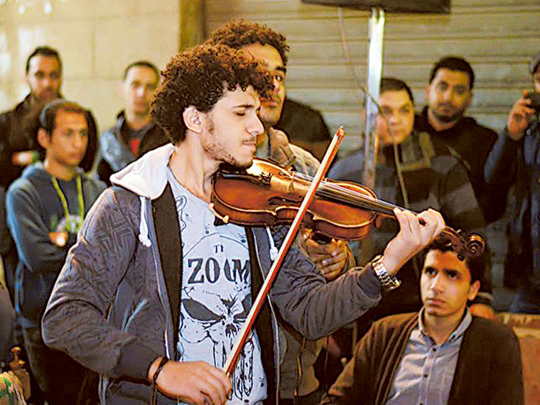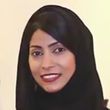
Music plays an important role in the lives of humans. With its several health and psychological benefits, music keeps us cheerful and level-headed. A study by Bryan Memorial Hospital in Lincoln, Nebraska, indicates that “playing music reduced depression and lowered the heart rate. It calmed and regulated the blood pressure and respiration rates of patients who had undergone surgery”.
According to studies conducted by Loma Linda University School of Medicine, California, playing a musical instrument can reverse stress at the molecular level. It assists in expanding social networks, developing relationships with others and helps strengthen our social engagement with others. Albrecht Riethmüller mentions in Music beyond Ethics that “The state of mankind improves through music; music educates individuals and makes them fit for a life of community. Music is spiritual and mental food, an edifying and educational power. Music actually elevates man into a higher realm, transforming him into a new form of the human species.”
Pertinently, music has the ability to unite people, which in turn can drastically change the way people think. Effectiveness of music is best displayed in the collaboration of West-Eastern Divan Orchestra, originally initiated in 1999 by two renowned individuals — the pianist and thinker Edward Said, a noted Palestinian Christian, and the pianist and conductor, Daniel Barenboim, a Jewish citizen. The purpose of the orchestra was to make art to strengthen the rapprochement towards each other.
The founders had the hope that the Arabs and the Israelis would meet under the umbrella of art. The orchestra attracted many young people from both Arab and Israeli demographic. Most members of the orchestra were from vastly different backgrounds and religions (Muslims, Christians and Jews). Despite the fact the musicians were initially hesitant to communicate with each other due to the political tension from the Arab-Israeli conflict, the founders encouraged musicians to sit next to each other — an Arab beside a Jew to encourage them to talk during training sessions. As expected, this decision sparked some resistance with the musicians expressing their reluctance to sit beside ‘an enemy’. However, once the musician in them pushed aside their differences and sat down to play, everyone united in harmony.
Edward and Barenboim found that after several hours of playing, the musicians had completely forgotten the prior resistance to playing alongside people with opposing ideologies, and instead fostered a sense of harmony, playing alongside a fellow human, as opposed to a Jew, Muslim or Christian. By playing together on one song as a unit, the music grew in them a sense of team spirit, respect and appreciation. Edward said, “orchestra had demolished Arab stereotypes about Israelis and Israeli stereotypes about Arabs.”
In this case, music was used as a successful tool to unify the Arabs and Jews, enabling them to overcome their divisions and to become an interactive and productive collective. The unification under the Divan Orchestra took us back to the coexistence of Jews with Muslims during Andalusia who worked hand-in-hand to establish the greatest civilisation known as the “Islamic Civilisation”. However, Israel’s occupation of the Palestinian territories — the encroachment and the destruction — has destroyed the very idea of coexistence that had been established by the successors of Muslims in Andalusia for eight centuries, and that is why the Jews and Arabs failed to coexist peacefully in modern times.

Music is a medium for cultural and human communication, away from the language of extremism, hatred and intolerance.
Professor Leon Botstein, in New York, indicates that music can promote peace and solidarity. Ban Ki-moon, the former Secretary-General of the United Nations, described the orchestra as a “United Nations Global Advocate for Cultural Understanding, praising the orchestra’s push for peace and unity”. Although it has been described as a peace project, Barenboim affirms that the orchestra is not the story of peace and will not in itself, bring peace, whether we are playing well or not.
Instead, the orchestra is a project against ignorance. It is very important for people to know each other and to understand what others think and feel, without necessarily agreeing with them. It is true that music does not offer a solution to political and economic conflicts in its various forms, but it could be a platform for young people to find common ground that provides an opportunity for acquaintance. Music is a medium for cultural and human communication, away from the language of extremism, hatred and intolerance.
— Dr Noura S. Al Mazrouei is a writer, academic and artist




